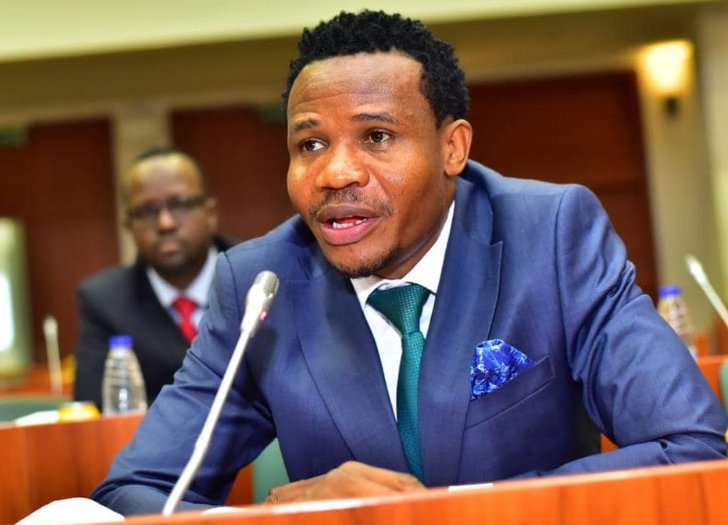What Salasya, S Africa and Boeing have in common

Public Relations students have a field day selecting case studies of images that require salvaging. From the local scene, Mumias East MP Peter Salasya offers an intriguing case.
A first-term MP, the son of Wanga, has been on the news through many frames. He has met his constituents’ needs everywhere, appearing in court on suspected assault charges and fervently leading prayers. It is a complex image.
At the corporate level, Boeing, the American plane manufacturer, is an image-maker’s nightmare. It is a house bleeding bad news, and when you think they have hit rock bottom, they keep falling. More than 300 people have now lost lives because of suspected manufacturing defects.
For long, air travel has been considered the safest means of transport. But Boeing is changing that. Now, one does not know what is likely to be the next cause of alarm – the only thing that seems inevitable is that an alarm is likely to recur.
The executives, well-schooled in the language of Public Relations, law and business, are always saying much without saying anything. Whether some plane lines, particularly those leaking bad news, will survive long-term is hard to tell.
If you are in the aviation sector, it is imaginable that you must think hard if you are considering ordering the Boeing 737 series, particularly the Max edition. Imagine your customers are about to board the plane and you assure them that it is safe. But even you can’t be sure the doors will not fall off.
At the country level, one must wonder what is wrong with South Africa. It has been a slippery slope down the hill since the days of Nelson Mandela. Pretoria can’t seem to get anything right.
It is the story of a country burning its black immigrants, a country riddled with corruption where the State has been accused of being captured by cartels, and where the president has been investigated for violating currency rules. The economy is in a free fall, the infrastructure is dilapidated, the power supply is intermittent, and crime is soaring.
On top of this, now the country has trained its attention on the war in the Middle East and is using its resources to prosecute Israel for committing genocide against the Palestinian population.
All politics is local, and one wonders how allowing itself to be distracted through prosecuting a case in The Hague helps the case of Pretoria in re-imagining the country’s image.
No problem: the Public Relations students are trained to focus on this. Salasya is the least of the challenges. Like all communication situations, Salasya has his publics, the first and most important being his constituents in Mumias. It is hard to imagine that the people of Mumias go to bed worrying about their MP.
Those worrying about Salasya may be nestled in high-rise buildings in Nairobi pontificating about bad-behaving MPs. Yet, for many back in the village, Salasya has never been accused of stealing anybody’s chicken; he only reacts to people who mistreat him and is more sinned against than sinning. He is a young man who is trying his best in a hostile environment and has become a victim of people jealous of the success of the youth.
Is Boeing’s woes a consequence of the corporate greed that privileges profit over safety? In the race to make more money for its shareholders, Boeing has long been implementing reforms designed to cut costs, supposedly make the firm lean and efficient and improve the balance sheet.
Operations have been streamlined, manufacturing of most parts has been outsourced, and old hands have been let go to reduce the workforce. The C-Suit has been a revolving door, letting in and out chief executives in quick succession. In all these, it does not appear that safety and concern for the users of their product have been featured as part of their reforms—corporate greed at its best when citizens rail against such.
Then there is South Africa, oh South Africa! But that is why image-makers go to school; finding a solution is their mission.
— The writer is Dean, School of Communication, Daystar University











